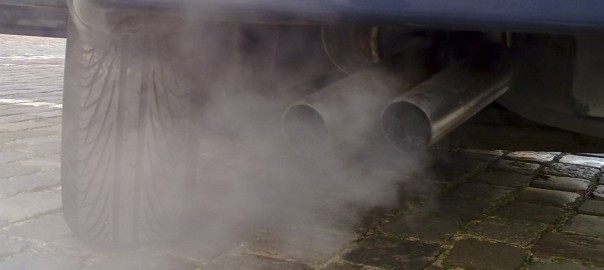[From 26 May] Today this paper launches a new initiative to encourage Londoners to adopt, develop and promote the kind of green technology that could help clean our air. It is backed by the chairman of the Committee on Climate Change, Lord Deben, who urges us to embrace change: there are, he says, “a whole lot of things we can do which mean that we can live exactly the same lifestyle at half the impact on the environment”. Electric cars are one example; remote-controlled heating systems are another.
Meanwhile, the Mayor has announced £8 million support for pioneering schemes to improve air quality, such as pollution-absorbing walls and zero-emission car clubs. This coincides with a World Heath Organisation meeting today in Geneva to combat air pollution.
These are excellent moves and signs of hopeful change. Yet they come less than a month after the Supreme Court ordered ministers to come up with a new plan for tackling air pollution. Britain is in breach of EU-mandated pollution levels for both nitrogen dioxide and PM10 diesel particulate (the tiny particles of soot emitted by diesel exhausts). Our filthy air is estimated to cause around 29,000 premature deaths a year in the UK and is a major contributor to lung diseases such as asthma.
London’s problem is how to clean up its air at the same time as meeting the demands of transport in Europe’s largest and busiest city. Despite increasing numbers of Londoners cycling, and increased passenger numbers on public transport, pollution from road transport remains well above EU limits. The Mayor’s long-term solution is the Ultra Low Emission Zone, which aims to encourage drivers of the most polluting vehicles to change their vehicles by charging a new daily levy for those entering the congestion charge zone from 2020.
Yet this represents a watering-down of the Mayor’s original plans in this respect: critics charge that it is too little, too late. Clearly air pollution is no respecter of land boundaries like those of the congestion charge zone. Air pollution readings from test sites outside the central zone — for instance in Brixton — are worryingly high. Other European cities are pressing ahead with more drastic plans for eliminating the biggest culprits in air pollution, diesel engines. Refitting existing bus engines would help too. Above all, the problem simply needs to be given a much higher political priority than it has to date. Air pollution kills: London needs to tackle it urgently.
Source: London Evening Standard
